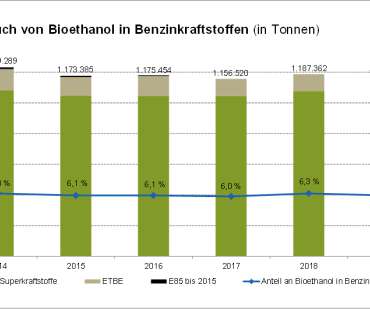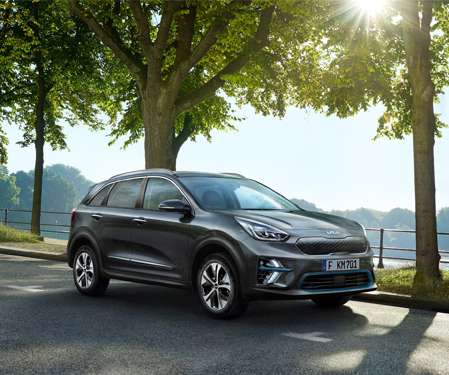Ethanol production in Germany fell 12.88% last year from 2018; market share of E10 up 1 percentage point
Green Car Congress
APRIL 22, 2020
Currently, the demand for bioethanol for use as an admixture in petrol is declining significantly throughout Europe because demand for fossil fuels has also fallen due to output and contact restrictions. There are currently around 47 million cars registered in Germany. More than 31.4 —Stefan Walter.













Let's personalize your content